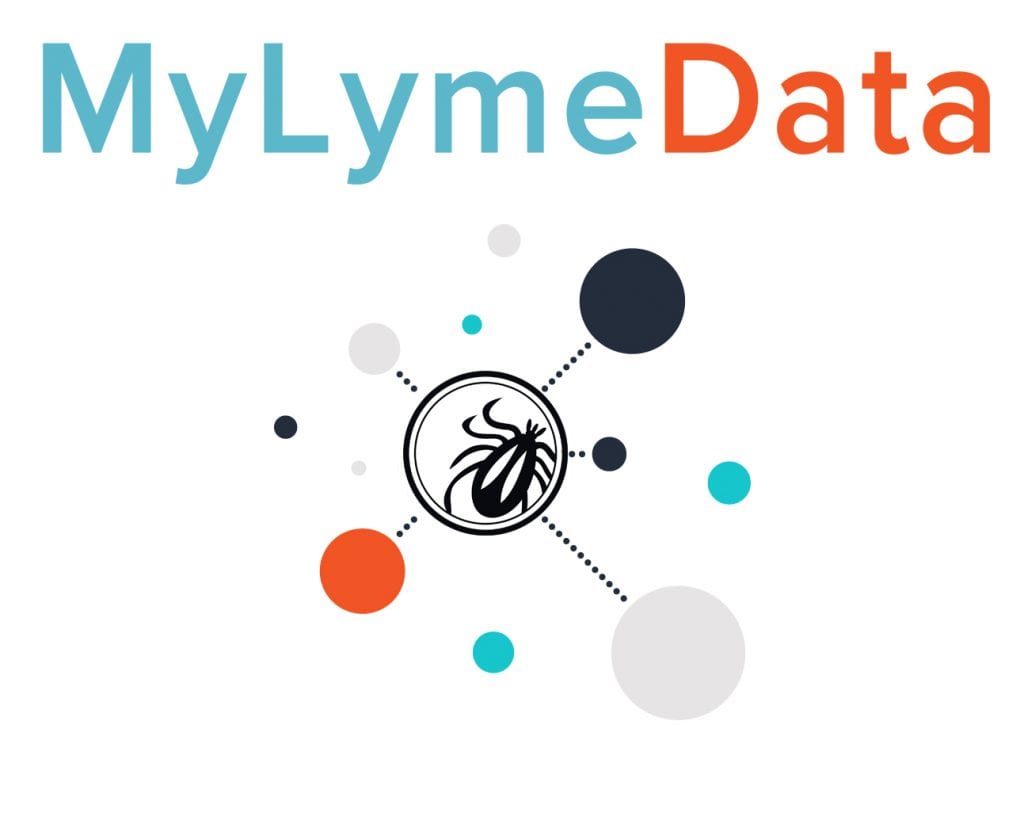LYMEPOLICYWONK: The pivotal role of patients in Lyme disease research

I gave the following remarks by telephone at the November 17 meeting of the Tick-Borne Disease Working Group.
Good morning. I’m Lorraine Johnson, the CEO of LymeDisease.org and the principal investigator of the MyLymeData patient registry and research platform.
Although Lyme disease is estimated to have over 400,000 cases per year, clinical trial research funding trails behind leprosy, which has an incidence of less than 200 cases a year.
In chronic Lyme disease, pharma has shown no interest in developing new treatment drugs and the NIH has funded just three clinical trial grants – the last one funded over 20 years ago.
The challenges of Lyme disease research
This means that even though it is not a rare disease, Lyme disease is research-disadvantaged and faces the same research challenges that rare diseases encounter. To facilitate and accelerate the pace of research, these diseases build a research engine linking patient registries, biorepositories, and clinical data networks. The NIH and the Patient Centered Research Outcomes Institute as well as the Agency for Healthcare Research and Quality have led efforts in this area. Dr. Collins recently acknowledged the important role of patient-led research in COVID-19.
MyLymeData has enrolled over 14,000 patients, collected over 5 million data points, and published three peer-reviewed studies. It has also partnered with the Lyme Disease Biobank, a project of the Bay Area Lyme Foundation and is working with a publicly traded company to help recruit patients for a diagnostics study.
MyLymeData was initially developed as part of the PCORnet patient-driven research effort when I served on its Executive Committee. I continue to serve as a subject matter expert in patient registries for PCORnet registries through the University of Chicago.
When the optimal treatment, duration, or combination of treatments is unknown–as it is in chronic Lyme disease–the process of conducting back-to-back sequential randomized controlled trials to determine the best treatment approach is not realistic. Dr. Califf, former head of the FDA who served with me on the PCORnet Executive Committee used to say, “Randomized trials are great, but they take too long, cost too much, and don’t apply to most people.”
Professor Abernathy at Duke puts it this way: “It can take more than a decade for a trial to progress from the idea stage to actionable information, and the cost and complexity mean that many questions will never be addressed with such trials”
Patients can’t wait for research that may not come. Patient registries like MyLymeData play a pivotal role in accelerating the slow pace of research. They allow us to evaluate care as it is actually provided by clinicians to provide the answers that chronic Lyme disease patients need today. To solve these problems, we will need to avail ourselves of all tools in our kits and all forms of evidence. Thank you.
Lorraine Johnson, JD, MBA, is the Chief Executive Officer of LymeDisease.org. You can contact her at lbjohnson@lymedisease.org. On Twitter, follow her @lymepolicywonk.




















We invite you to comment on our Facebook page.
Visit LymeDisease.org Facebook Page